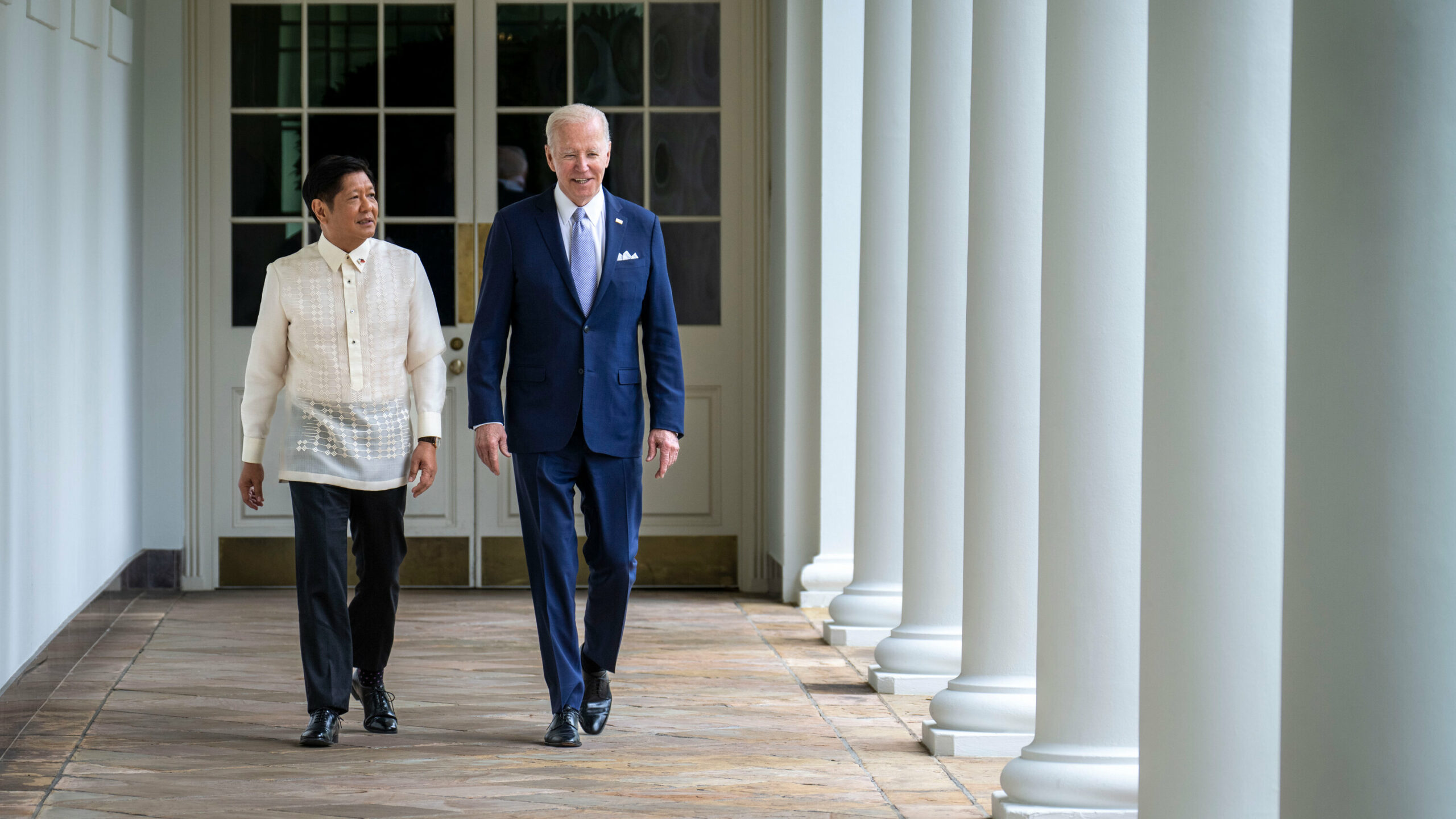Philippine President Ferdinand Marcos Jr. has said that allowing the United States access to Philippine military bases is a defensive measure that could prove “useful” in the event of a Chinese attack on Taiwan.

Although he did not directly address the possibility of the United States placing weapons at these bases in such a scenario, Marcos pointed out that the Enhanced Defense Cooperation Agreement (EDCA) with the U.S., established in 2014, was originally designed to improve disaster response efforts.

Marcos emphasized the additional importance of the EDCA sites given the escalating tensions across the Taiwan Strait. He stated that ensuring the safety of Filipino nationals in Taiwan is of “primordial importance.” The decision to grant the U.S. access to four additional Philippine military bases has been a sensitive issue for Manila, which seeks to maintain close military ties with the United States without provoking China, its largest trading partner. In response to this decision, China has accused the Philippines of “stoking the fire” of regional tension.

The Philippine president clarified that Washington “has not proposed any kind of action for the Philippines in terms of taking part in the defense of Taiwan.” He described the nature of the cooperation as defensive and potentially focused on civil defense, particularly in the context of disasters and evacuating Filipino nationals. During his visit, Marcos sought to gain a better understanding of the extent of Washington’s commitment to protecting the Philippines amidst rising tensions in the South China Sea, as well as tensions surrounding Taiwan and North Korea.

This trip to Washington, which included the first White House visit by a Philippine leader in a decade, signifies a marked shift from the approach of Marcos’ predecessor, Rodrigo Duterte. Duterte had previously pivoted the Philippines away from its long-standing ally and pursued closer ties with China. Meanwhile, experts suggest that the U.S. views the Philippines as a potential location for deploying weapons to counter a Chinese invasion of Taiwan, which China claims as its own territory. Last month, U.S. Defense Secretary Lloyd Austin commented that it was “too early” to discuss the placement of U.S. assets in Philippine bases.






